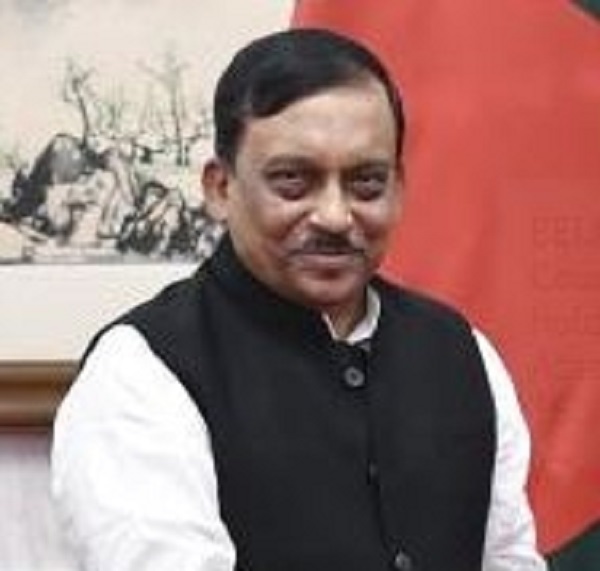Dhaka, (Asian independent) Stating that the efforts of the Bangladesh government were underway to repatriate the Rohingya refugees, Home Minister Asaduzzaman Khan Kamal has said Army troops would be deployed in Rohingya refugee camps if necessary to prevent crimes and check smuggling of drugs into the country.
Incidents of crimes such as murder, robbery, rape, drug smuggling and several other criminal activities have increased nearly seven times in the last five years in the Cox’s Bazar area, officials said.
Bangladesh Prime Minister Sheikh Hasina has mentioned several times in her speech, referring to the police report, that some of the Rohingya refugees are leading criminal activities and those camps are becoming a den for radical groups,
“Mobile phones of the Rohingya refugees will be tracked so that they cannot commit any illegal activities,” the Home Minister said.
Regarding the government’s efforts to resolve the Rohingya crisis, the minister said: “I hope the Rohingyas will be repatriated soon. Government’s efforts are still on.”
Instances of arms and drugs being smuggled into Bangladesh from Myanmar have surged by two and a half times under the current military regime compared to the what used to be reported during the regime of ousted leader Aung San Suu Kyi.
Kamal said that apart from the most-used route bordering the Naf River, the contrabands enter Bangladesh through the remote land border areas too.
The situation came to the fore during a visit to a Rohingya camp in the Cox’s Bazar district of Chittagong division, while interacting with officials associated with the law enforcement agencies.
The growth rate of the Rohingya population is five per cent against that of one per cent of the local population.
The Cox’s Bazar area has registered a nearly seven-fold increase in crimes in the last five years.
In 2017, 76 cases of crime were reported and 159 criminals were arrested, while in 2021, the number of criminal cases increased to 507 with 1,024 arrests.
Bangladesh, which welcomed with open arms the Rohingya refugees fleeing Myanmar military’s crackdown in 2017, is under pressure due to their rapidly-increasing population, and alleged involvement in crime as it struggles to find a solution to the crisis even after five years.








